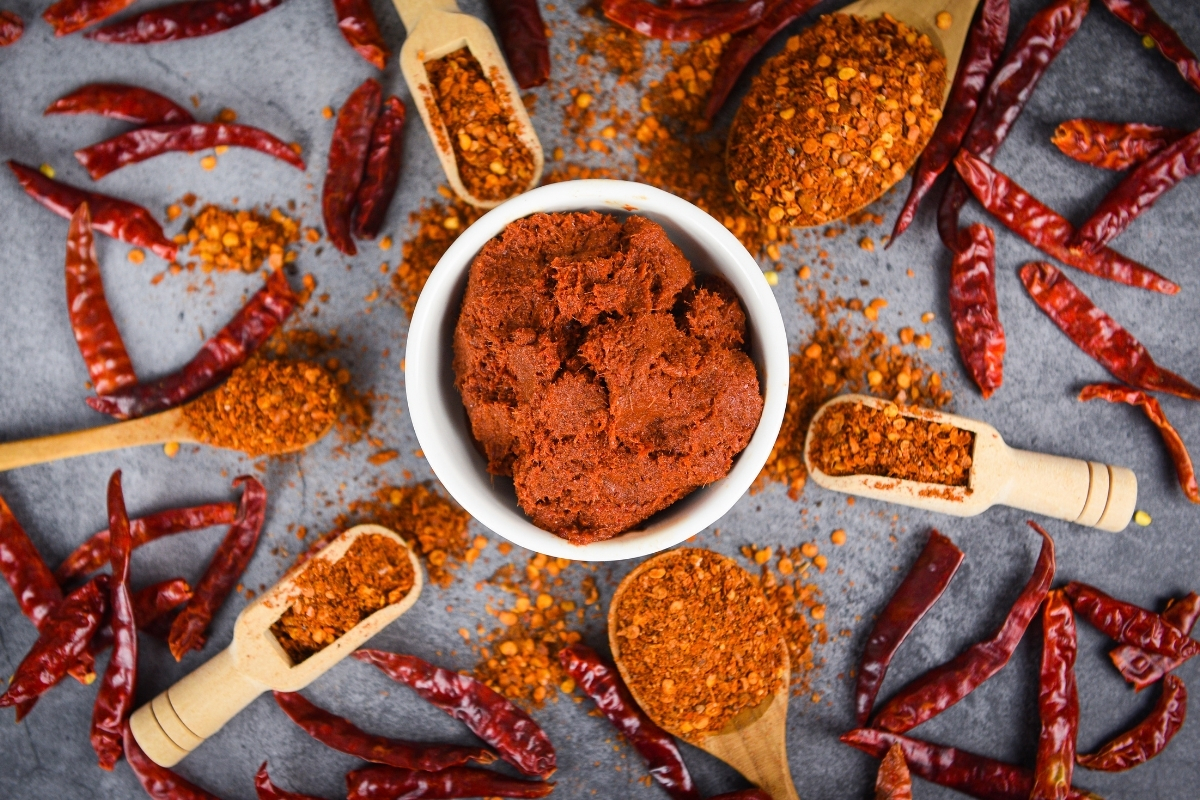Cayenne Pepper needs no introduction to people who love spicy food. It is a long, bright red color spice that belongs to the capsicum family. While people might know it for its punchy and spicy taste, it is also considered the king of medicinal herbs. Want to know what medicinal benefits you can have from cayenne pepper? Then check out the following article.
A staple in Southwestern America along with bell peppers & jalapeno, Cayenne is a popular hot chili, which is used in different cuisines for its A-grade nutritional value and peppery taste.
Capsaicin is the active ingredient present in cayenne, which is the hallmark for its A-grade nutritional value and peppery taste.
Following are some proven health benefits of Cayenne:
- Relieves Pain
Capsaicin present in spicy peppers may help relieve pain when applied in the form of cream on the skin. It lowers the release of substance P from the body, which is the signal of pain to the brain. It might be effective for pain like:
- Muscle pain
- Lower back pain
- Pain from shingles, etc.

- Reduces Hunger Pangs
Cayenne is an effective way to manage weight. It helps to reduce hunger pangs by lowering the production of the hunger hormone, i.e., ghrelin, and keeps you full for a longer period. It will prevent you from eating extra throughout the day and will control body weight.

- May boost Metabolism
This pepper produces more than the usual heat in the body, helping to burn more calories, which boosts your metabolism. As per research, eating 1 gm of cayenne helps to burn ten more calories than others. However, if you continue to eat daily, its effect might lower as your body will adapt to it.

- Ease Cold symptoms
People also have been using cayenne pepper to fight cold. According to a review, capsaicin can ease cold symptoms like sneezing, dripping, congestion, etc., by shrinking the dilated blood vessels in the nose & throat.

- Helps with digestion
Active components present in various herbs & spices like cayenne can aid digestive health by increasing the stomach’s defense against infections. It also helps to stimulate stomach nerves that send signals for injury protection.

- Helps to treat Psoriasis
Psoriasis is an autoimmune disease in which the body attacks itself, which results in red patches, itchiness, etc., on the skin. Although there is no concrete cure available for Psoriasis, topical capsaicin cream might help to relieve scaliness and clear the patched skin.

- Controls Blood Pressure
High blood pressure is the significant reason for increasing heart problems globally. However, an animal study has shown that capsaicin present in dietary spices like cayenne might be effective to lower blood pressure.

Tips to Add Cayenne to your Diet
- Cayenne is a versatile spice that you can add to both sweet & savory dishes. It goes pretty well with eggs, fish, pasta, etc.
- You can use pepper slices in curries, salad dressings, or any of your favorite dishes for more heat & punch.
- You can also add a pinch of pepper to coffee or hot chocolate. It will give a new and yummy kick to your drink.
Risks & Precautions
Cayenne pepper can be spicy for those who don’t prefer to eat spicily. However, if you want to add it to the diet, taste it beforehand to check whether you can tolerate the heat or not.
Also, remember to mind the quantity of pepper because excessive cayenne can cause burning in the stomach.
The Bottom Line
If you want to bring a spicy kick to your food, improve your metabolism, manage weight, etc., Cayenne pepper is the best herb for you. However, talk to the doctor before adding it if you are on some medication.















